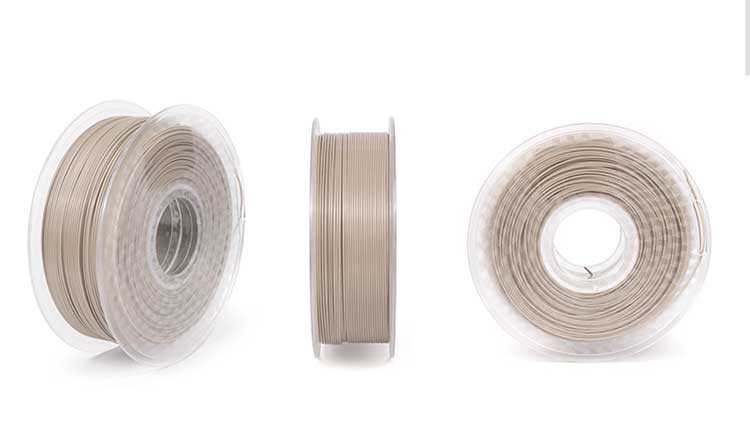
How Do PEEK and Other Materials Compare? PEEK has a higher tensile strength than metals like aluminum and steel and is more resistant to moisture, corrosive chemicals, and prolonged exposure to high temperatures. PEEK is also much lighter than steel or aluminum without sacrificing any strength.
PEEK, also known as polyetheretherketone, is a high-performance engineering plastic with exceptional resistance to corrosive substances as well as superior mechanical strength and dimensional stability. It offers resistance to hydrolysis in sea water, water, and steam. PEEK is suited for continuous use at temperatures up to 338oF and has the capacity to sustain stiffness at high temperatures (170oC). In demanding areas like semiconductor, oil and gas, food and beverage processing, and aerospace, this engineering plastic has an established track record.

PEEK is a crystalline substance with one of the highest tensile strengths in the polymer industry. In applications where weight reduction is important, its modest weight makes it a highly sought-after polymer. Moreover, the inclusion of certain fillers makes it possible to greatly increase PEEK’s strength.
It is clear that PEEK is not a cheap substitute for metals. Yet, applications that are looking to improve their efficiency and performance might gain a lot from utilizing PEEK and not have to worry about its strength being insufficient. While switching from metal to PEEK is typically a one-time expense, the savings that result from the system’s increased efficiency must be taken into account in order to accurately calculate the entire cost reductions.
